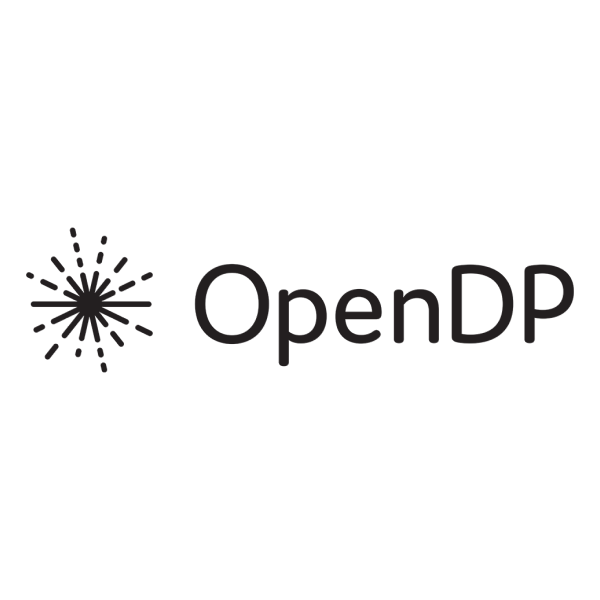We are thrilled to announce that two LiveRamp engineers, Greg Gawron and Phil Stubbings, have been selected for the prestigious Harvard University OpenDP Visiting Fellowship for summer 2021. Harvard’s Cynthia Dwork is recognized as the inventor of differential privacy (2006), and Harvard University remains on the forefront of differential privacy research. As part of this fellowship, Stubbings and Gawron will collaborate with the Harvard OpenDP community to advance the future of privacy-enhancing technology (PETs) and LiveRamp’s privacy and analytics road map.
Stubbings and Gawron joined LiveRamp in 2021 as part of the DataFleets acquisition. They each have 15-20 years of experience and distinctive accolades in engineering and data science. Most recently, they have been integral to scoping and building the road map of PETs at DataFleets, and now LiveRamp.
Stubbings and Gawron’s specific project seeks to integrate differential privacy in multi-party machine learning, specifically federated learning and split neural networks. Though differential privacy, federated learning, and split neural networks have significant research as separate topics, the combination of them is novel and challenging, according to experts. If successful, such technology could enable institutions to more easily collaborate on machine learning and artificial intelligence algorithms without moving or exposing their underlying raw data.
Today, LiveRamp and DataFleets benefit from the research and contributions of the Harvard OpenDP community through their open source library, SmartNoise. LiveRamp uses a modified version of SmartNoise in production to power privacy-preserving analytics. One exciting application of this technology has been powering COVID-19 research across HCA Healthcare, Harvard Pilgrim Health Care Institute, Johns Hopkins, Duke, Columbia, and the Agency for Healthcare Research and Quality (AHRQ). LiveRamp is in the process of rolling out differentially private analytics to hundreds of enterprises across the globe.
Interested in learning more about privacy technologies? Check out Phil’s tutorial on using federated machine learning for credit scoring. Follow the LiveRamp engineering blog (by signing up below) for a followup post on differential privacy and split neural networks.
Key Links:
